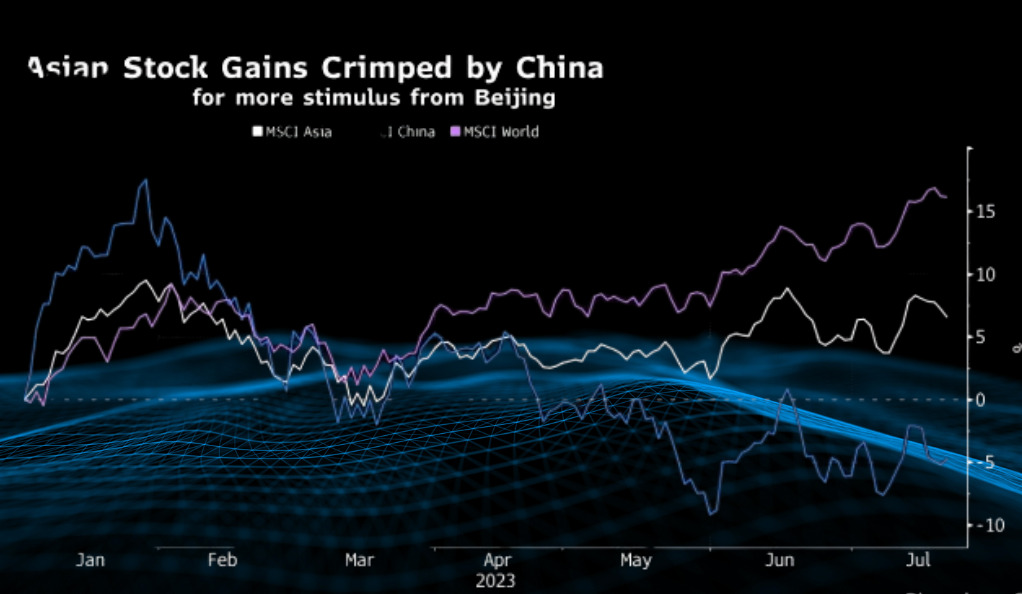Asian Stocks Soar as Central Banks Unleash Remarkable Surge
Central banks in Asia have played a pivotal role in boosting the region’s stock market this week. By implementing unprecedented measures to counter the economic downturn caused by the coronavirus crisis, these central banks have effectively spurred investor confidence and injected much-needed liquidity into the financial system.
The interventions by central banks have come in various forms. In South Korea, the central bank slashed interest rates to a historic low, while the Reserve Bank of India announced a substantial cut in its benchmark rate. In addition to interest rate cuts, central banks have also expanded their asset purchase programs and introduced liquidity measures to ensure the smooth functioning of financial markets.
The impact of these measures has been immediate and profound. Asian stocks surged to new heights as investors responded enthusiastically to the central banks’ actions. The Korean KOSPI index and Hong Kong’s Hang Seng Index experienced significant gains, reaching levels not seen in months. The surge in Asian stocks has also spilled over into other global markets, as investors sought higher returns in the face of record-low interest rates.
Unprecedented Central Bank Measures Propel Asian Stocks to New Heights
The measures implemented by central banks in Asia have effectively provided a much-needed boost to the region’s stock market. In addition to slashing interest rates, central banks have been proactive in introducing robust measures to ease liquidity constraints and stabilize financial markets.
For instance, the Bank of Japan expanded its asset purchase program by purchasing additional bonds and commercial paper, ensuring ample liquidity in the market. Similarly, the People’s Bank of China injected liquidity by reducing reserve requirements for commercial banks, thereby freeing up capital for lending and stimulating economic activity.
The coordinated efforts of central banks have not only restored investor confidence but also provided a much-needed lifeline to businesses and households struggling with the economic fallout of the pandemic. The surge in Asian stocks is seen as a positive sign for the global economy, indicating that central banks are willing to take decisive action to support markets and prevent a deeper recession.
The remarkable surge in Asian stocks this week can largely be attributed to the unprecedented measures implemented by central banks across the region. Through interest rate cuts, asset purchase programs, and liquidity measures, central banks have successfully restored investor confidence and injected much-needed liquidity into the financial system. The surge in Asian stocks not only brings relief to investors but also serves as an encouraging sign for the global economy, illustrating the commitment of central banks to support markets during these uncertain times.
ChesWorkShop commits to presenting fair and reliable information on subjects including cryptocurrency, finance, trading, and stocks. However, we do not have the capacity to offer financial guidance, advocating instead for users to conduct their own diligent research.
